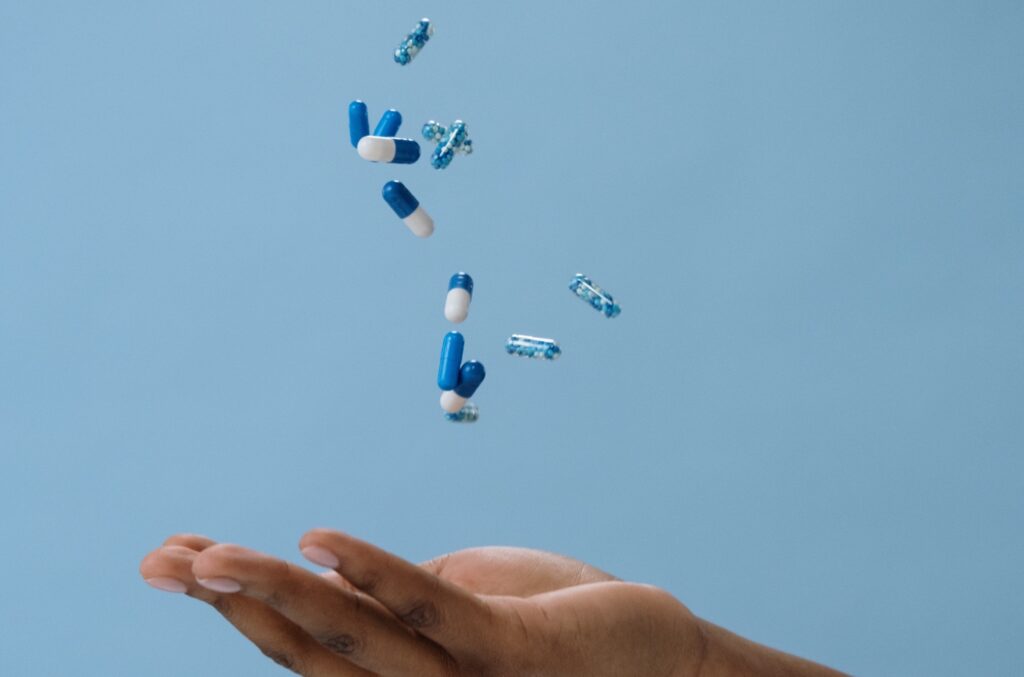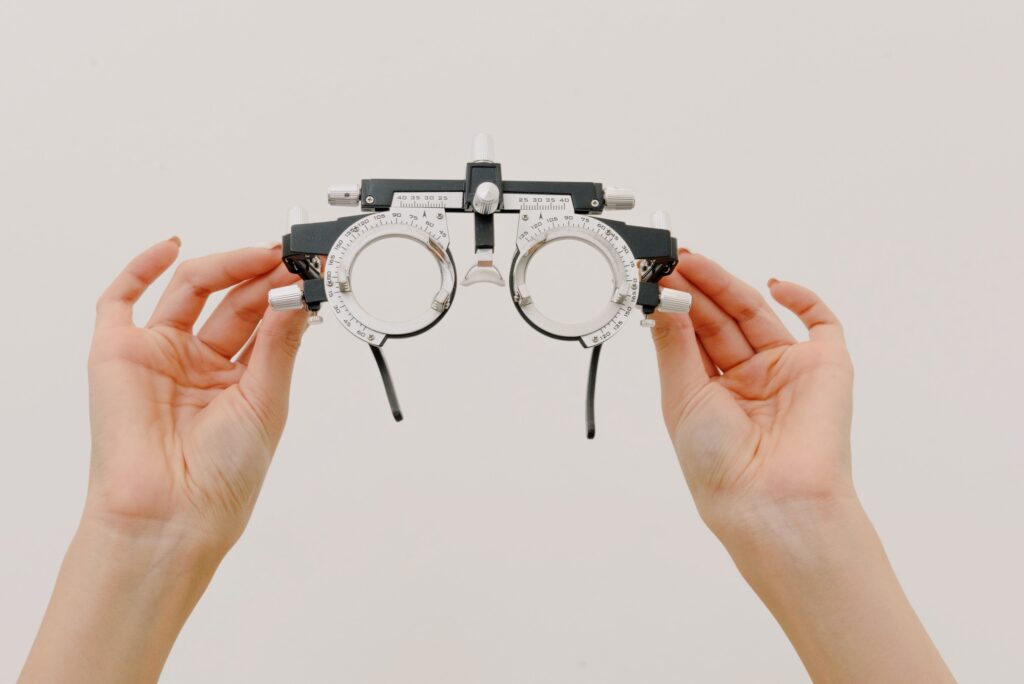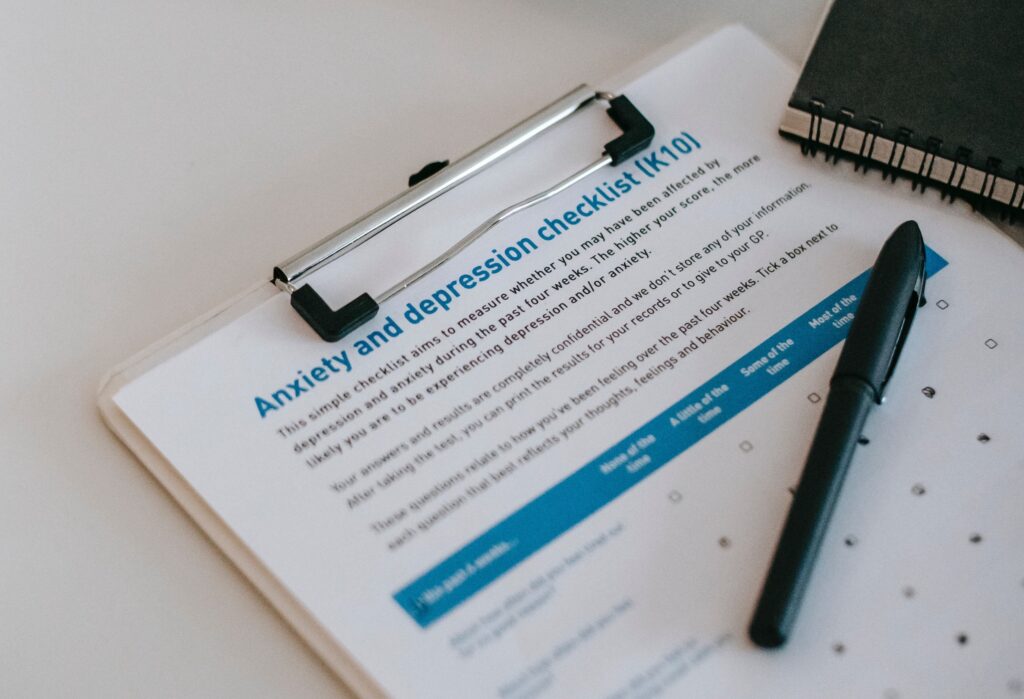It seems like wherever you look these days, you don’t hear many clinicians say “I treat depression” or “I’m a depression specialist”. If you are one of those people: we love ya, we need ya, and cudos! Hearing about depression all day ain’t easy. For many clinicians, however, depression is one of those things you see along with so many other difficulties. Anxiety disorders, trauma, OCD, ADHD, medical problems, and more. So what are some key evidence-based depression updates?
First, primary care and other medical settings are the most common front-line places for encountering major depression. Some recent research examines how to effectively treat depression in those settings or how to effectively refer out for longer-term care.
Other updates to depression research have focused on more precisely identifying depression and its best personalized treatment. An exciting study from Stanford uncovered six subtypes of depression observable via brain imaging. This improves our understanding of each individual’s experience. It also helps providers to more effectively target which medication treatments work best for which individuals. That’s much less trial and error: onto the best medication combination right away!
Other updated depression studies have used brain imaging and lab-based tasks to uncover information about how those prone to depression process information. For example, those with depression show bias to focusing on negative information. This “attentional bias” includes how quickly and how long those with depression “attend to” negative content. Constant and vigilant attention to negative information greatly impacts mood: always thinking negatively contributes to always feeling negatively.
Whether attentional bias is a cause or a consequence of depression (or both), CBT can target attentional bias. Building skills to see a situation more objectively or neutrally helps counteract that focus on negative information. Attentional bias is part of (but not limited to) rumination. Good thing there are therapist resources and approaches to rumination, too! Behavioral activation and newer research-based approaches help via their emphasis on building positive emotions.
Research is also learning more about newer treatments, like psychedelics and transcranial magnetic stimulation (TMS), and how these provide rapid and relatively safe approaches to depression. Those approaches work when paired with therapy skills (they enhance and improve learning new therapy concepts). Note that psychedelics do not fix everything and do not appear to have lasting benefits without co-occurring structured therapy (e.g., certain weekend psychedelic retreats which do not also provide coping skills).
Major depression is one the most pervasive mental health and medical problems. These and other recent depression updates not only help us understand it better, they give more options to doctors and more therapist resources to clinicians. Game changers!














